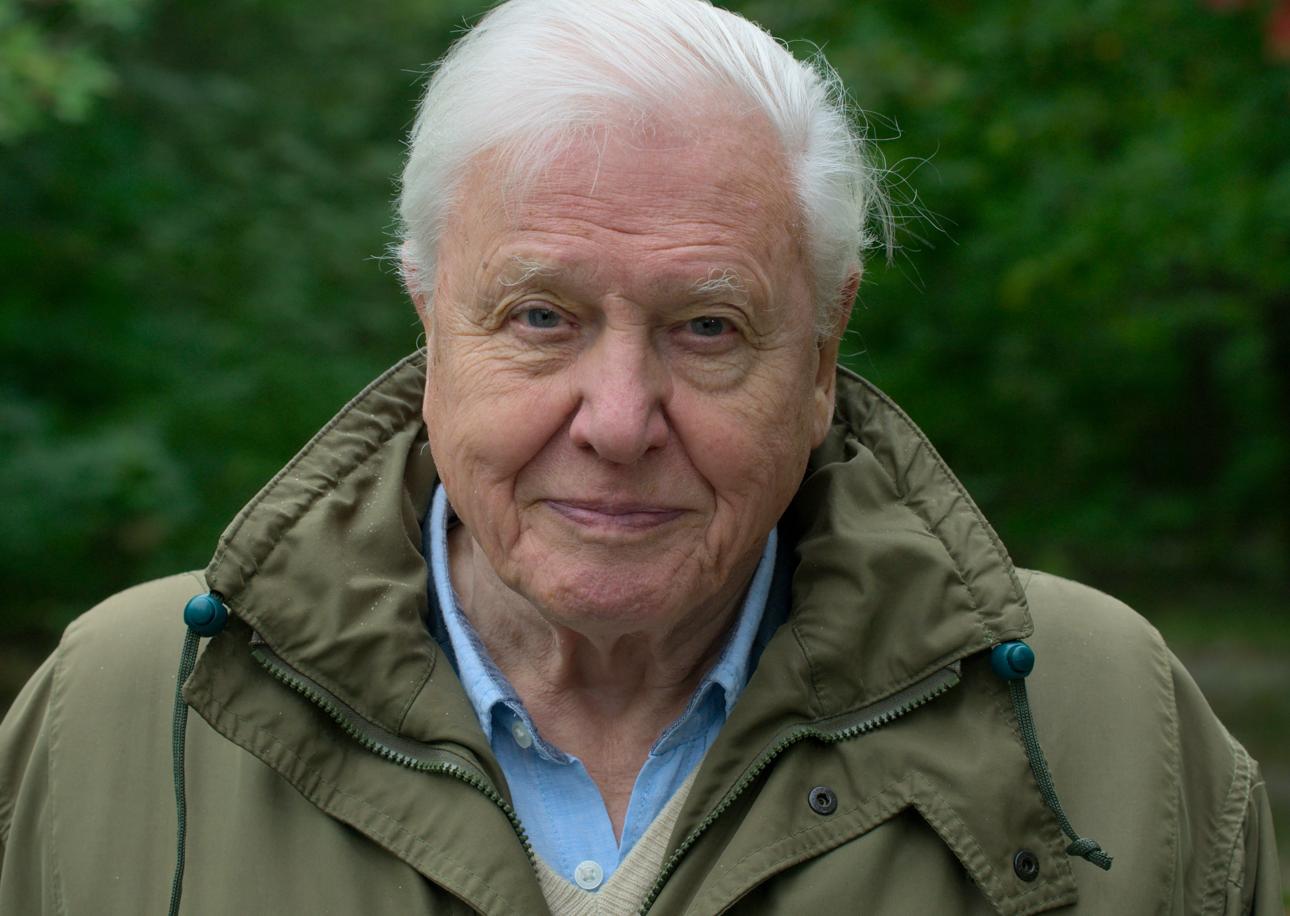9 Famous Thai Celebrities’ Cafes and Eateries in Thailand
A look at a list of Thai celebrities who own restaurants and ...

The UK has been celebrating Jubilee weekend, and people around the world have watched and celebrated with them. Among the many speeches given on the occasion was that of Prince William, the Duke of Cambridge, who addressed environmental issues that have been exacerbated during the nearly century-long lifetime of his grandmother, Queen Elizabeth II. He referred to his late grandfather, Prince Philip, Duke of Edinburgh, and also his father, Prince Charles, Prince of Wales, both of whom were passionate environmentalists. He then proceeded to refer to other environmental activists, starting with Sir David Attenborough, who was born in the same year as Queen Elizabeth II and, like the queen, is still actively pursuing the path he was born for. Prince William also referred to a few other activists who may not be as prominent to the general audience as Sir David Attenborough. Who are these people, so prominent that Prince William had to point them out?
Born in 1926, Sir David Attenborough is an English broadcaster, biologist, natural historian, author, and the anchor of the BBC Natural History Unit. His passion for the wonders of the planet’s animal and plant life—and later on the more pressing issues of environmental restoration and preservation—spans an amazing eight decades, and his output in the form of books and documentaries—at least nine of which are currently showing on Netflix Thailand at the moment—is mind-boggling. He has at least 20 plant and animal species named after him.
In 2022, the United Nations Environment Programme recognised him as a Champion of the Earth “for his dedication to research, documentation, and advocacy for the protection of nature and its restoration”.
Though not nearly as prominent as Sir David Attenborough, the late American marine biologist, writer, and conservationist Rachel Carson can be considered a pioneer in the field of environmental conservation. Her first book, Under the Sea-Wind, was written in 1941, and her sea trilogy, written during the 1950s, provides an insight into the whole ocean life from the shore to the depth. It was also during this time that she turned her focus towards the negative aspects of synthetic pesticides, sharing her concerns in her book Silent Spring (1962). This was when DDT was much advertised as the ultimate household tool against mosquitoes in Thailand, and spraying the entire house every evening was the norm. The book was naturally met with fierce opposition by chemical companies in the US but eventually led to a nationwide ban on DDT and other pesticides. It is also credited with being one of the first books to highlight pollution as a by-product of progress and inspiring the fledgling global environmental movement. She was posthumously awarded the Presidential Medal of Freedom by President Jimmy Carter.
The late Wangari Maathai was a Kenyan social, environmental and a political activist and the first African woman to win the Nobel Peace Prize. Born in Kenya in 1940, she studied biological sciences, becoming the first woman in East and Central Africa to earn a PhD. In 1977, Maathai founded the Green Belt Movement, an environmental NGO focused on the planting of trees in response to women’s reports that their water, food ,and firewood supplies were drying up. In 1984, she was awarded the Right Livelihood Award for “converting the Kenyan ecological debate into mass action for reforestation”. The Right Livelihood website states: “By the end of 1993, the women reported that they had planted over 20 million trees on their farms and school and church compounds.” Apart from being an academic, author, and activist, she was an active politician, having served as Assistant Minister in the Ministry for Environment and Natural Resources.
Name in 2016 as one of Time Magazine‘s 100 Most Influential People, Sunita Narain is an Indian environmentalist and political activist and one of India’s leading proponents of sustainable development. Narain is director-general of the India-based research institute for the Centre for Science and Environment, a think tank on environment-development issues in India, and advocates for policy changes and better implementation of the already existing policies. In the 1980s, when studying the issue of forest management, Narain traveled across the country to understand people’s management of natural resources, especially water. Her findings led to the book Towards Green Villages on local democracy and sustainable development. Leonardo DiCaprio sought her out as a resource person to appear with him in the documentary Before The Flood, where she talked about the impact of climate change on the monsoon in India and how it affects farmers.
A look at a list of Thai celebrities who own restaurants and ...
These top 5 barber shops in Bangkok are where gentlemen can elevate ...
A detailed guide to hiking the Naga Cave, combining physical challenges with ...
Saturdays are already made for Salmon, now there's even more reason to ...
While traditional TV shows are serving us endless boy-meets-girl tales. Thailand has ...
Sailorr and Molly Santana’s black grills fuse hip-hop swagger with homage to ...
Wee use cookies to deliver your best experience on our website. By using our website, you consent to our cookies in accordance with our cookies policy and privacy policy